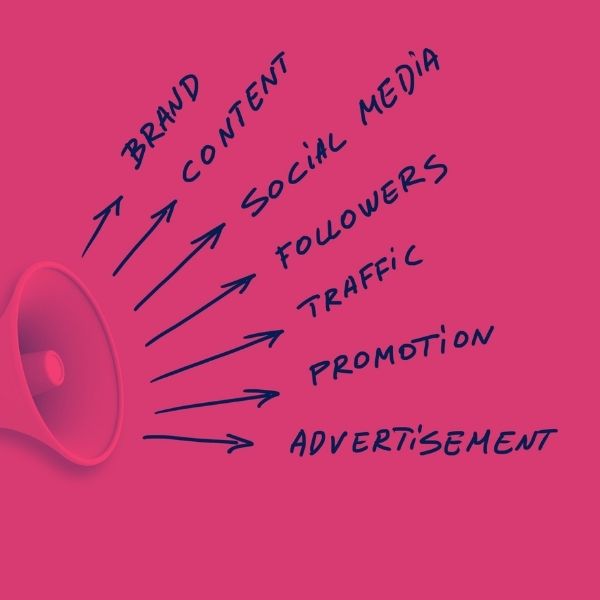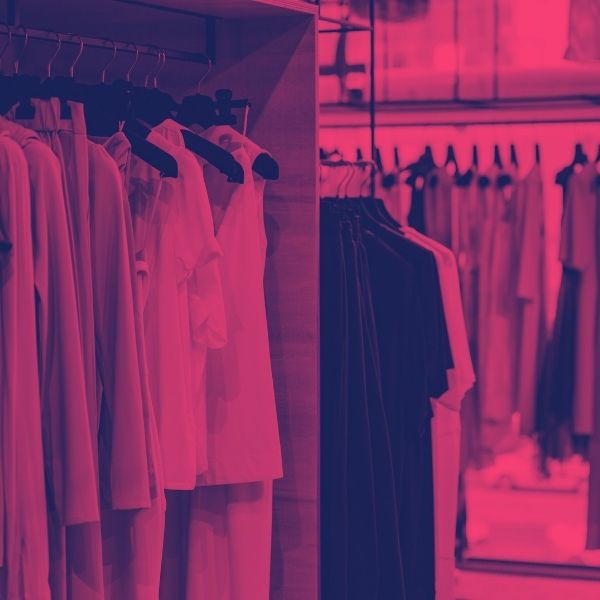Navigating the Pros and Cons: The Impact of Going Viral on Small Businesses
As a small business, you often are looking for more ways to gain visibility and draw more customers. You often hear businesses frustrated that their social posts are not going viral and if they could just go viral their business can finally take off. We’re here to tell you that going viral may not be all it’s cracked up to be. Going viral on social media can definitely have its benefits and gain valuable exposure for your business. But, if you’re not prepared there can be many negative consequences to going viral.
If your goal is to go viral for your small business there are a few things you need to prepare and be aware of.
1: Lack of Sustainability
Viral content often experiences a short-lived surge in popularity. Small businesses often think that once they have one post go viral that’s all they need to do. Their post catapults their business to success. Once the initial excitement fades, it can be challenging to maintain the same level of engagement and interest. This can result in a sudden drop in attention and difficulty in retaining new customers.
How can you prepare?
Make sure you are consistently putting out quality content, not just trends you’re seeing on social. Provide educational content on your feed so that once you go viral consumers will understand your business and what you’re selling. Do not post “viral” content that has nothing to do with your business. Going viral just to go viral will gain you attention, but it’s not reaching your target audience. Make sure that you are sending potential customers to sign up for your email list. This will allow you to continue selling to your customers and doesn’t force you to solely rely on going viral.
2. Overwhelming Demand

Is your business actually ready for the attention? If your business went viral for a post that pertains to a specific product or service and you’re seeing thousands of orders come through… can your business handle that demand? Time and time again businesses have gone viral only to close their doors a few months later. 1. They think they will see this demand consistently moving forward, which is often not the case. 2. Because of the initial demand businesses will overhire and purchase too much inventory for future demand and then find out that the continued increase of demand is not there. Businesses that struggle to meet the increased demand will see an increase in customer dissatisfaction, delayed responses, and potential damage to the business's reputation.
How can you prepare?
Whether you are product or service-based think about creating a waitlist. Funnel your potential customers into a separate email list and be upfront to set expectations of when they can hear back from you. If you are service-based send potential customers through a prescreening questionnaire to weed out the people who are not serious about your services. If you are a product-based business you can also do a waitlist but if you are going to continuously rely on viral marketing start to think about different product drops. What’s a product drop? It’s a limited release of your most popular products. It’s available in limited quantities and once it sells out it sells out. This allows you to easily plan for inventory and creates scarcity.
3. Negative Comments and Trolling
The viral nature of social media can attract not only positive attention but also negative feedback and trolling. Have you ever browsed the comments of a viral post on TikTok? It can be shocking to see what some people will outright say about you and your business, often claims are unfounded but can damage your business’ reputation. Small businesses may be subjected to criticism, online harassment, or false information, which can harm their brand’s reputation and create a negative perception among potential customers.
How can you prepare?
Have reviews and testimonials on your website. Showcase these as well on your social media to help build brand authority and trust. Create a FAQ section on your website. Are there frequently asked questions that you can get ahead of? Make sure they’re available on your website. Things like return and shipping policies, the waitlist for your services, etc. If someone leaves a comment criticizing your business and the claims are founded, do not ignore! Ignoring customers who have had a negative experience will only continue to hurt your business. Address the comment and reach out to the customer to help make things right. One negative review can hurt your business more than you realize. Most social media platforms will allow you to set up filters for your comments. If you are seeing trolls in your comments that are unfounded you can set up filters for keywords so that when they say a certain phrase or word it will not show up on your post.
4. Lack of Control
When content goes viral, it often spreads rapidly and reaches a large and diverse audience. This can lead to misinterpretation or distortion of the original message, and the business may struggle to regain control of the narrative. Additionally, viral content can be easily shared without proper attribution, leading to a loss of brand recognition. Many brands have good intentions and their content can be taken out of context to make the business look bad. In 2023, a brand and its founder have become synonymous with each other. Be prepared for people to quickly learn about you as the founder. Are you ready to be under the microscope?
How can you prepare?
Make sure you are mentally ready to be under a microscope. If you prefer your privacy you may find that people will start looking into you as a founder and if there is something in your past you don’t want people to know about going viral may not be for you. Be ready to address concerns if your product or service is not for every community. Make sure you are addressing what your product or service is ahead of time and who it serves so there is no confusion.
5. Unrealistic Expectations

Going viral can create unrealistic expectations for future content and business growth. Many of the small businesses that go viral expect their following posts to go viral. Going viral is an anomaly and you should not expect it every time you post. If the following content does not achieve the same level of virality, it can be disheartening for the business owner and lead to disappointment.
How to prepare?
The goal should not be to go viral. The goal should be to put out quality content that explains your business and who you serve and why people should buy from you. Build trust with your audience rather than creating content just to go viral.
6. Resource Strain
Dealing with the aftermath of going viral can be demanding for small businesses with limited resources. They may need to invest additional time, effort, and finances to capitalize on the attention and convert it into long-term success. Without adequate planning, this can strain the business's operations. There have been so many businesses that saw exciting virality only to have their subsequent posts not gain as much attention. When this happens you see a crash in returning customers and orders.
How to prepare?
See #2 but also plan for steady growth, not exponential growth. If you are a small business you’ll find that steady growth is more manageable than viral growth.
Is the cost of going viral worth it? And are you prepared?
To mitigate these negative effects, small businesses should be prepared to handle the sudden influx of attention, engage with the audience effectively, address negative feedback promptly and professionally, and develop a long-term strategy to retain customers acquired during the viral phase.
Knowing the possible downsides to virality, do you still want to go viral?

 Beauty, Cosmetic & Personal Care
Beauty, Cosmetic & Personal Care
 Coaching
Coaching
 Community Organization or Service
Community Organization or Service
 Health & Medical
Health & Medical
 Marketing - Advertising - PR
Marketing - Advertising - PR
 Photography
Photography
 Publishing
Publishing
 Travel
Travel



 Accessories
Accessories
 Apparel
Apparel
 Books / Planner
Books / Planner
 Business Courses
Business Courses
 Health & Beauty
Health & Beauty
 Jewelry
Jewelry
 Supplements
Supplements



 Author
Author
 Events
Events
 Public Speaker
Public Speaker




